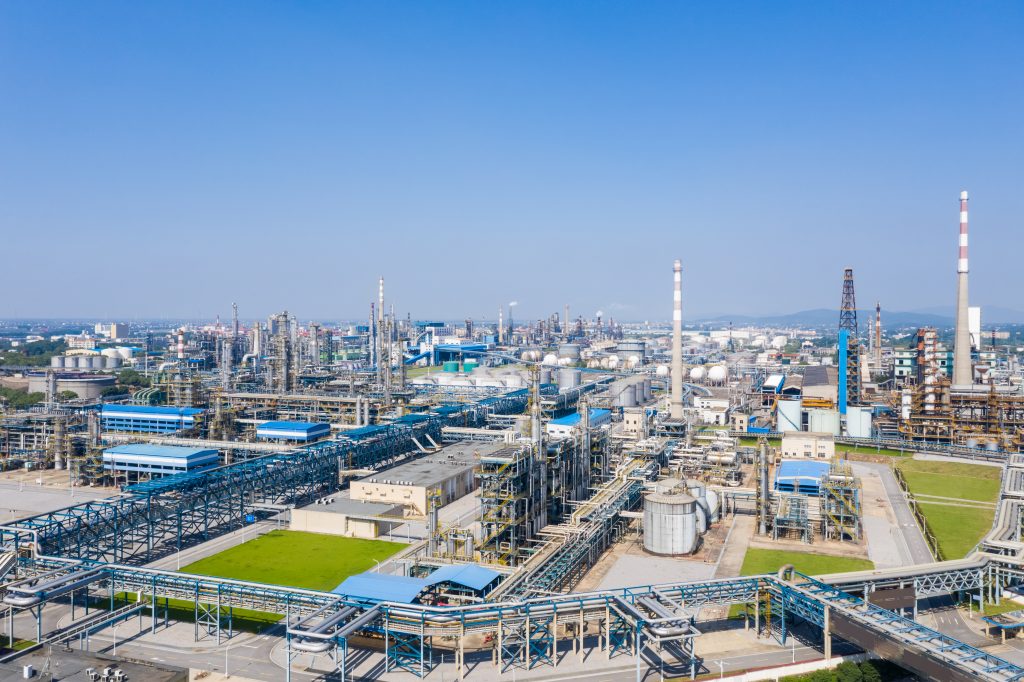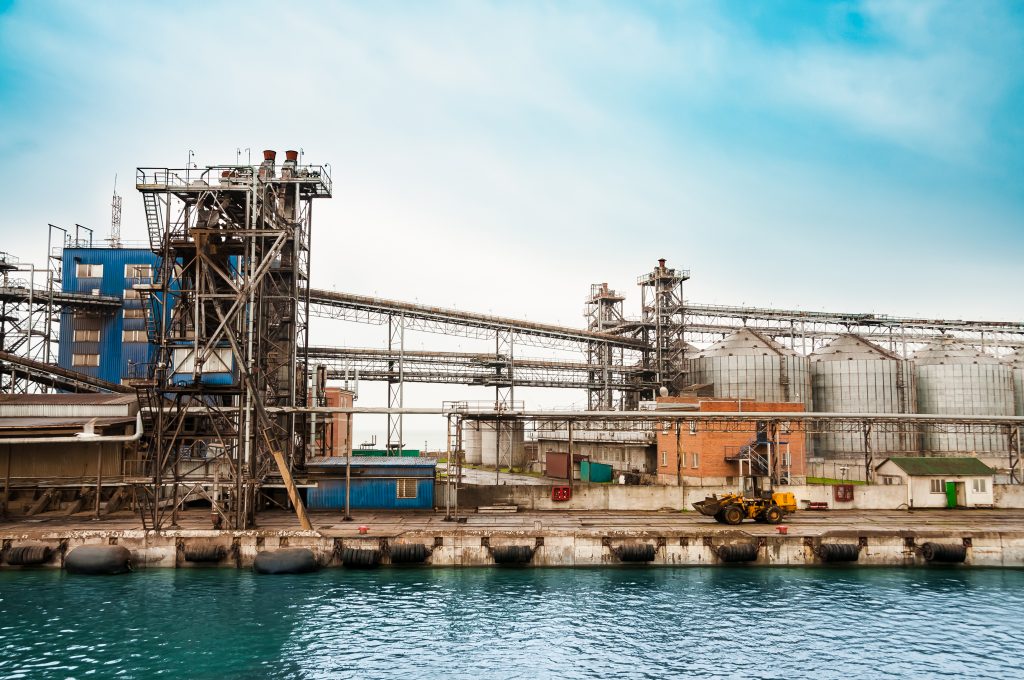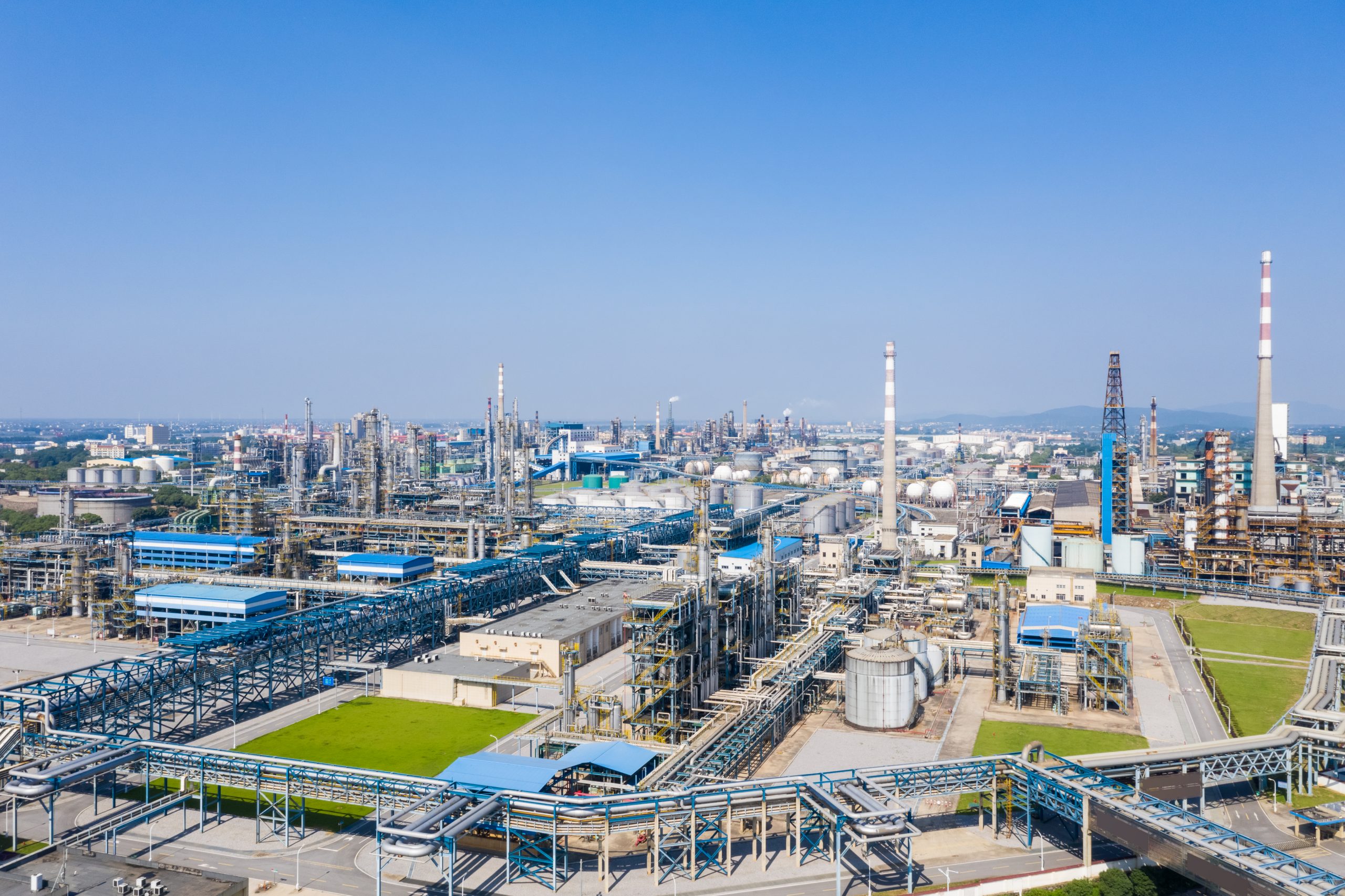Digital transformation has certainly been a game-changer within the industrial sector. From this important movement, the industries started the digitalization process.
There were countless technologies emerging in the period, responsible for a real disruption with traditional methods, used for years in operations. It was thanks to technologies such as:
that industries have been able to achieve results never before achieved.

The implementation of systems and tools, equipped with technology within the plants, resulted in new optimization parameters, where data access and control becomes a crucial technique to obtain increasingly surprising results.
Read: Why is Digital Transformation essential for Industries?
CHANGES GENERATED FROM THE IMPLEMENTATION OF TECHNOLOGY IN THE INDUSTRIES
Although digital transformation has created spectacular possibilities for industries, there is still a long way to go. Little by little, companies have implemented intelligent systems in their operations and each year the number has increased. In an IDC report it is estimated that the market value of digital transformation will reach $ 2.3 trillion in 2023.
The challenges of implementing Digital Transformation in industries can be associated with the great complexity involved in the process. There are several stages, with many variables, which certainly require time for the transition processes to be carried out.

Despite this difficulty, industries understand the gains generated by digitalization. It is from intelligent systems that industries can generate greater:
Automation
Efficiency in coordinated actions, and less human effort to carry out activities
Labor optimization
Intelligent systems responsible for allocating labor to points that require greater attention
Failure prevention
Mechanisms that contribute to higher asset integrity management performance
Through digital transformation, one can understand the present, and better, prepare for the future, based on the use of technology.
It is also by automating processes and operations that generate greater precision and flexibility that the industries had in hand the necessary tools to face one of the greatest crises of the century, in 2020.
With intelligent systems, there is no longer a dependency on human labor for everything. However, the best results are achieved through the combination of experience and innovative tools.
From the use of technological tools, this workforce can be relocated at more strategic points in the operation, and be better used, generating more and more value to the production chain.

In addition to these gains, there is also the use of technology to detect failure mechanisms, which are difficult to perceive by manual methods. The gain through the use of mechanisms from the digital transformation also contributes positively to the maintenance of a safe, uninterrupted, and also sustainable operation.
There are many possibilities generated by digital transformation, they are tools capable of optimizing the most varied disciplines of the most varied processes, and which have been proving their efficiency over the years.
Industries must now identify the benefits of this transformation and immerse themselves in the innovation wave. Industries that are able to adapt to increasingly dynamic and digital scenarios are the ones that will be most prepared to face the challenges that the future faces.
2020 was the beginning of a new digital age, where flexibility and the ability to adapt to new conditions determined which industries were overcoming challenges that changed market structures.
There is still a long way to go, but certainly, now more than ever, the digital transformation will have the special attention of large industries. It is based on the use of technologies that we can generate new ways to produce, optimize, automate, and generate more and more value in the production chain. It is based on the use of technology that we will be able in the not too distant future to identify which industries are ahead of their time.
Read: The next steps on a succesful digital transformation strategies



